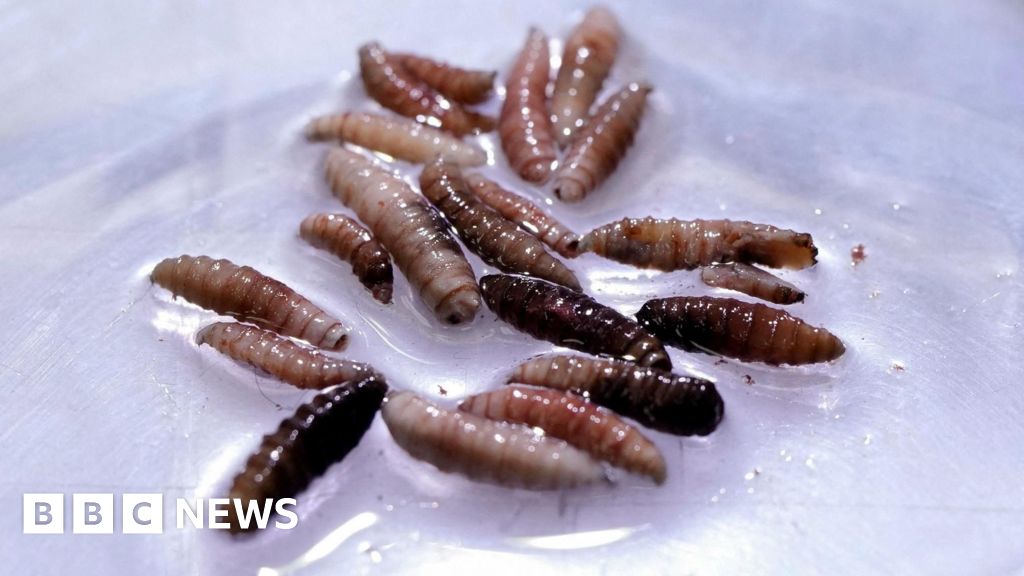The newly formed Advisory Committee on Immunization Practices (ACIP), under Health Secretary Robert F Kennedy Jr, is preparing to reassess established immunization schedules for children and teenagers. This panel convened for the first time on Wednesday after Kennedy dramatically dismissed all previous members in June, handpicking a new team that has raised eyebrows among public health experts.
The ACIP is responsible for making recommendations to the U.S. Centers for Disease Control and Prevention (CDC) regarding vaccination practices. Despite its pivotal role, experts express apprehension about the qualifications of the newly selected members—many of whom are known for their skepticism toward vaccines. This move has prompted a wave of criticism from politicians and health professionals alike, who question the implications of having vaccine critics in such influential positions.
The panel's inaugural meeting was led by Dr. Martin Kulldorff, who claimed he was dismissed from his Harvard professorship due to his refusal to receive a COVID-19 vaccine. Dr. Kulldorff emphasized that the panel would focus on launching working groups to evaluate childhood vaccination schedules, with particular emphasis on vaccines approved over seven years ago, including the widely accepted hepatitis B vaccine for newborns and measles vaccinations.
Critics, such as Bill Hanage of Harvard's TH Chan School of Public Health, have labeled the inquiry into longstanding vaccines as unfounded, suggesting it implies a flawed approval process. Pending discussions related to the use of thimerosal, a mercury-based preservative in vaccines, have also sparked confusion, given its discontinuation in the majority of vaccines for decades.
The panel was expected to deliberate over recommendations for an RSV vaccine but postponed the discussions. Notably, Dr. Michael Ross, one of the newly appointed members, withdrew from the panel just before the meeting, citing potential conflicts during a financial holdings review by the Department of Health and Human Services.
Concerns extend beyond the panel's qualifications to a broader critique of Kennedy's leadership and choices. Republican Senator Bill Cassidy expressed skepticism regarding Kennedy's confirmation as health secretary, emphasizing that some appointees lack the necessary experience in relevant scientific fields and risk approaching their assessments with bias against new vaccination technologies, such as mRNA vaccines.
As the fallout from these appointments continues, the implications for the future of vaccination policies in the United States remain uncertain under Kennedy's contentious leadership.


















